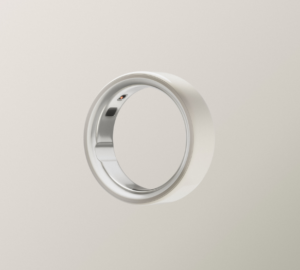The long hours and irregular shifts inherent to medical training often result in sleep deprivation and burnout. This is especially true for first-year physicians, who are often required to work 24+ hour on-call shifts. The demanding nature of this work schedule can significantly impact the wellbeing and performance of these young doctors.
To investigate how different work schedules affect physicians’ sleep, wellbeing, and cognitive performance, researchers at the Centre for Sleep and Cognition at the Yong Loo Lin School of Medicine and the National University Health System (NUHS) in Singapore studied 96 first-year physicians for eight weeks.
The results of the study, which used Oura Ring to track the physicians’ sleep and activity, were recently published in JAMA Network Open.
Key Findings
The study found that interns who worked on an on-call schedule had poorer quality and more irregular sleep than those working on a float schedule, which involves several shorter night shifts concentrated in a single week.
Specifically, 24-hour on-call shifts negatively impacted mood, motivation, and sleepiness, leading to reduced attentional performance. Night shifts on a float system did not result in similar detriments.
There are two important differences between night shift floats and 24-hour on-call shifts. “First, night float shifts span maximally 12 hours, allowing time to rest and sleep in the daytime. Second, they are scheduled for several consecutive days, allowing the body time to adapt to the nocturnal schedule,” explained Dr. Michael Chee, Director of the Centre for Sleep and Cognition, senior author of the study, and Oura Medical Advisor.
The study also uncovered a potential way to mitigate the negative effects of long night shifts on interns’ attention spans: napping. When interns had a chance to nap during the night shifts, attention performance improved significantly.
READ MORE: The Power of Naps
Study Methodology
- Participants: The study followed 96 first-year physicians (interns) at the National University Hospital (NUH) in Singapore over two months.
- Design: The physicians’ sleep patterns, wellbeing, and cognitive performance were monitored through the use of Oura Ring Gen3, electronic diaries, and smartphone apps, where they completed daily self-assessments.
- Data Collection: The physicians were studied from January 2022 to July 2023, and data were analyzed from July 2023 to July 2024.
Next Steps
The study’s findings suggest that alternative schedules like the float system could significantly improve sleep, wellbeing, and performance among physicians. However, there are barriers to the adoption of the float system that need to be addressed, such as the need for sufficient staffing levels. Future research could explore the feasibility of implementing the float system in different healthcare settings.
RELATED: Oura Helps Healthcare Workers Prioritize Sleep During The Pandemic











